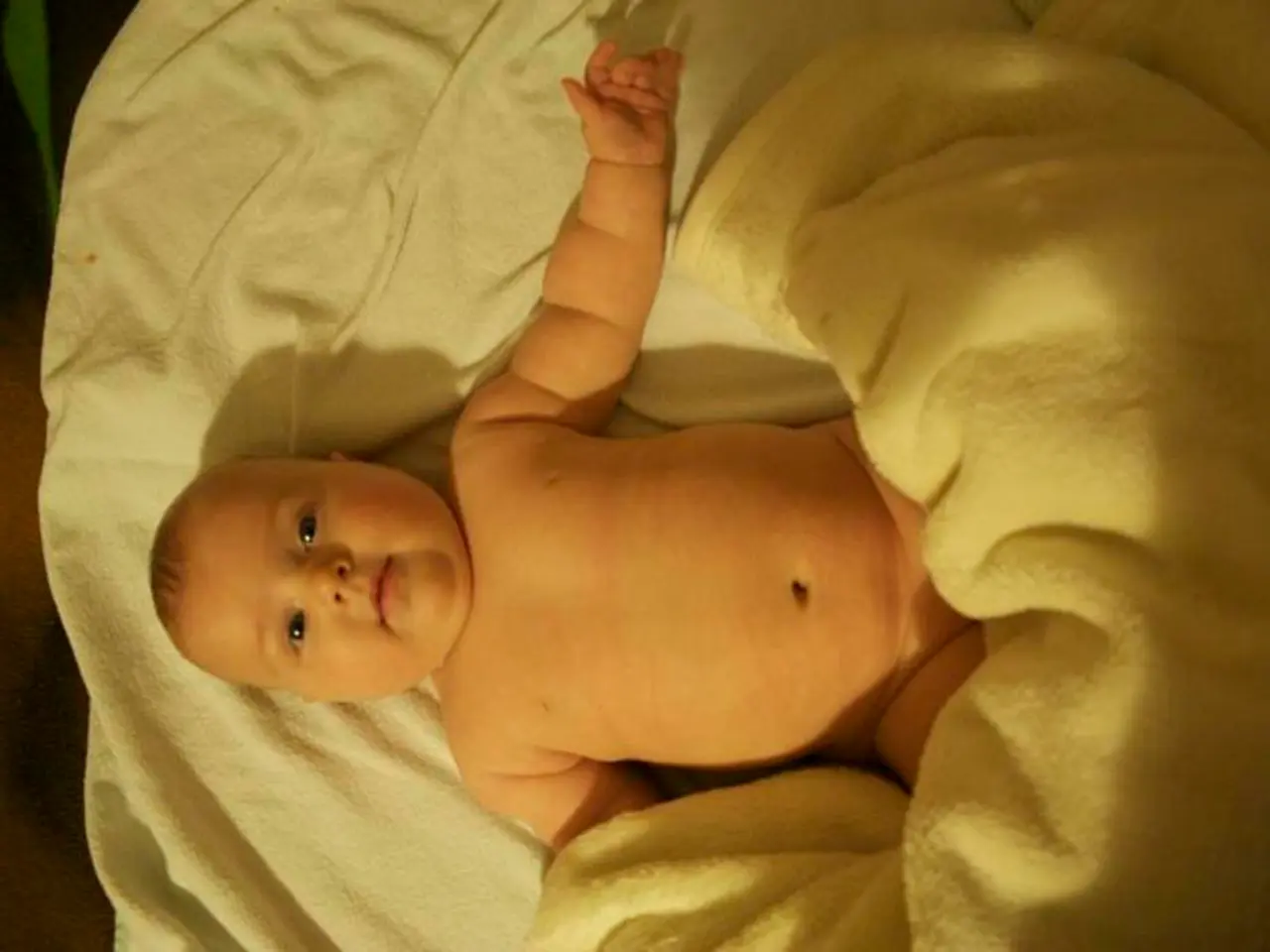Womb-Dwelling Siblings: The Unseen Tale of In-Utero Demise of Unborn Twins
Vanishing Twin Syndrome (VTS) is a phenomenon that occurs during pregnancies involving multiple embryos, where one or more twins fail to develop fully and are reabsorbed into the mother's body or the surviving twin. This relatively common occurrence, affecting up to 30% of pregnancies that initially present as twins, remains shrouded in mystery, with significant questions about its causes, implications for the surviving twin and mother, and the emotional impact on families.
Surviving Twins and Long-term Health
The long-term health impacts of VTS on surviving twins are generally minimal or absent, as in many cases, the surviving baby develops normally without direct physical complications. However, if VTS occurs later in pregnancy, it may be associated with risks such as preterm birth or restricted growth for the surviving twin.
Parental Psychological Impact
In contrast, the psychological impacts on parents can be significant and long-lasting. Parents often experience complex emotions—grieving the loss of one twin while coping with hope and anxiety for the surviving twin. This can lead to emotional distress and affect long-term mental wellbeing. The grief may be complicated by social isolation, as parents may feel misunderstood or unsupported by friends and family, underscoring the importance of social support and professional mental health care focused on reproductive loss.
For the surviving twin, no consistent evidence from current sources shows direct psychological effects stemming from VTS, but some parents and survivors report emotional or psychological challenges linked to the knowledge or experience of the loss in utero, which may benefit from psychological support.
Advances in Research and Awareness
Advances in medical technology have made it possible to detect and study Vanishing Twin Syndrome more thoroughly, and current research is shedding light on the long-term health and psychological impacts of the syndrome. The advent of high-resolution ultrasound technology has revolutionized the ability to detect multiple pregnancies early in gestation, with most cases of VTS being diagnosed when a follow-up ultrasound reveals a discrepancy between the number of embryos initially detected and the number of viable fetuses present later.
Non-invasive prenatal testing (NIPT) has also contributed to the identification of cases where a twin has vanished, as the test may pick up genetic material from the vanished twin in the mother's bloodstream. In rare cases, complications such as infection or inflammation may occur if tissue from the vanished twin is not fully reabsorbed.
The idea that the surviving twin may carry a subconscious sense of loss or connection to the vanished sibling is explored by some researchers and psychologists. Coping with Vanishing Twin Syndrome requires emotional support and understanding, and parents may benefit from counseling and support groups.
In summary, while the physical health impacts on surviving twins are generally minimal, the psychological impact is more pronounced in parents, highlighting the importance of mental health resources after such prenatal loss. For further detail or specific studies on psychological outcomes, consulting specialized reproductive mental health and perinatal loss research would be recommended.
- Despite the minimal or absent physical health impacts on surviving twins, the psychological effects on parents can be significant and long-lasting.
- Currently, there is no consistent evidence showing direct psychological effects on surviving twins stemming from Vanishing Twin Syndrome, but some may experience emotional or psychological challenges linked to the loss in utero.
- Advances in medical technology, such as high-resolution ultrasound technology and non-invasive prenatal testing (NIPT), have greatly improved the detection and understanding of Vanishing Twin Syndrome.
- Parents may benefit from understanding, emotional support, counseling, and support groups when coping with the psychological impact of Vanishing Twin Syndrome.




